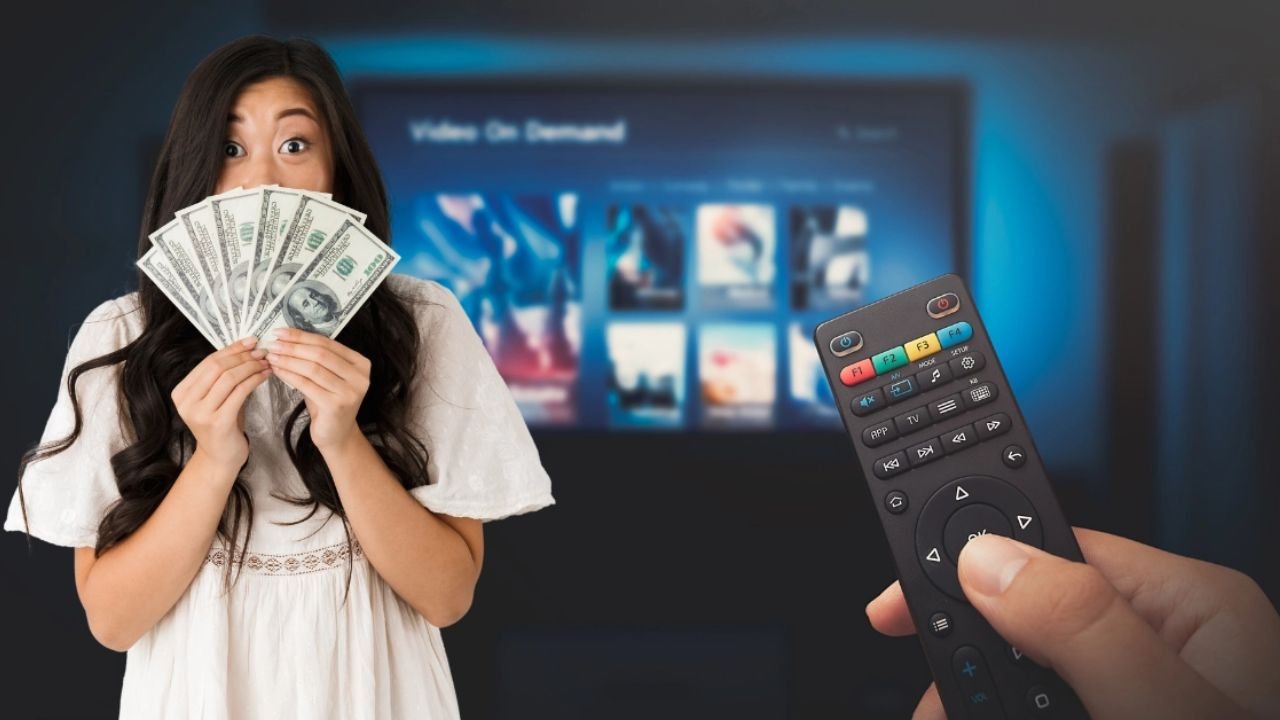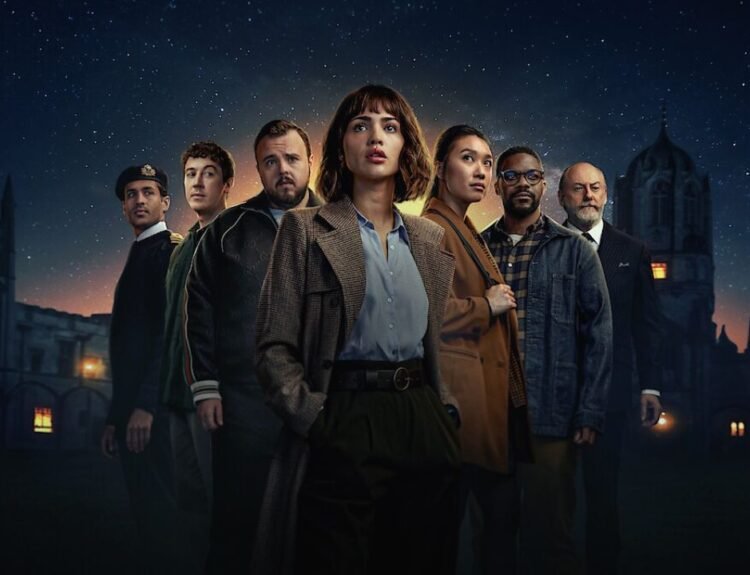Betting isn’t just about football scores or final whistles anymore. In a digital-first world, attention has moved elsewhere — to what people stream, share, and obsess over. And now, betting is following that attention into unexpected places: viral trends, celebrity feuds, and reality TV finales.
Entertainment Betting Is Now a Serious Game
What was once a fringe option is now a serious category. Bookmakers are offering full betting menus for reality shows, influencer controversies, and even music awards. The odds aren’t jokes. They move based on social media sentiment, editing trends, and leaks. Fans don’t just guess — they track contestant screen time, read editing cues, and follow Reddit theories like sports bettors follow injury reports.
In this fast-evolving space, having a strategic edge matters just as much as it does in traditional betting. That’s why it’s worth starting here — not just for the bonus itself, but for the ability to test how well your media instincts convert into real outcomes without committing your full bankroll upfront. It’s more than hype. It’s a playground for those who understand narrative.
Why Pop Culture Bettors Think Differently
Traditional bettors focus on data, form, or lineup stats. Pop culture bettors, on the other hand, use an entirely different toolkit. They don’t analyze performance — they decode production.
For instance, a group of fans accurately predicted the final outcome of a dating show weeks before the finale by analyzing editing patterns and trailer omissions. When a contestant suddenly stopped posting on Instagram while another was getting more emotional focus in the cut — they knew something was up. That’s narrative awareness.
The key difference is this:
- Sports betting rewards those who read numbers.
- Entertainment betting rewards those who read people.
Knowing how producers shape stories, how audiences react, and how public perception moves is far more valuable than raw statistics. These bettors aren’t guessing. They’re profiling behavior, online influence, and behind-the-scenes structure.
Micro-Betting Meets Reality Drama
Micro-betting — placing small, fast bets during live content — fits reality TV like a glove. These shows are built around quick drama: dramatic music, tearful speeches, surprise walkouts. Each scene feels like a turning point, and for bettors, each scene can be one.
You’re not just betting on who wins. You’re wagering on:
- Will this contestant cry in the next segment?
- Will someone get eliminated before the next commercial?
- Will the judge pause dramatically before announcing the results?
That pace makes for incredibly high engagement. In 2024, one platform recorded more than 1.3 million live entertainment bets during the finale of a major dating show — surpassing activity on two concurrent NBA playoff games combined. That says a lot about where user interest is headed.
Still, success in micro-betting comes from restraint, not speed. Impulsive players burn out quickly. It’s the observant ones — those who watch how a moment’s framed, how characters shift roles, how the pacing signals an upcoming twist — who consistently win small bets that stack up over time.
Betting on Producers, Not Just Outcomes
This type of betting introduces a unique challenge: outcomes aren’t decided on the field — they’re decided in editing rooms. That creates a layer of opacity. Unlike sports, where rules and outcomes are visible, reality TV outcomes are partially hidden by production.
But that’s also where the edge lies. Skilled bettors track not just what happens but how it happens. They ask:
- Why is this contestant suddenly getting a lot of screen time?
- Why was that dramatic moment teased, then skipped?
- What’s the fanbase reaction — and is the show trying to redirect it?
These clues often reflect internal decisions made by producers. Bettors who understand that layer — who know when a story is being steered — can predict outcomes before they’re obvious.
There’s risk, of course. Shows can be reshot. Spoilers can be faked. But in that uncertainty is a growing market for those who think narratively and act with discipline. Betting here becomes part behavioral analysis, part media studies, part intuition.
Conclusion: Story Is the New Strategy
The future of betting isn’t only about who scores more goals or lands more punches. It’s also about who gets the final rose, who trends after a viral scandal, and who survives a heavily edited elimination. In short, it’s about a story.
Entertainment betting is rising because it matches how people now engage with content. They binge-watch, tweet reactions, post theories — and now, they place real wagers on what happens next. It’s not just about the outcome. It’s about understanding the emotional rhythm of modern storytelling.
And for those who read culture the way others read stats, this new form of betting offers a natural home — one where narrative becomes odds, and observation becomes edge.



